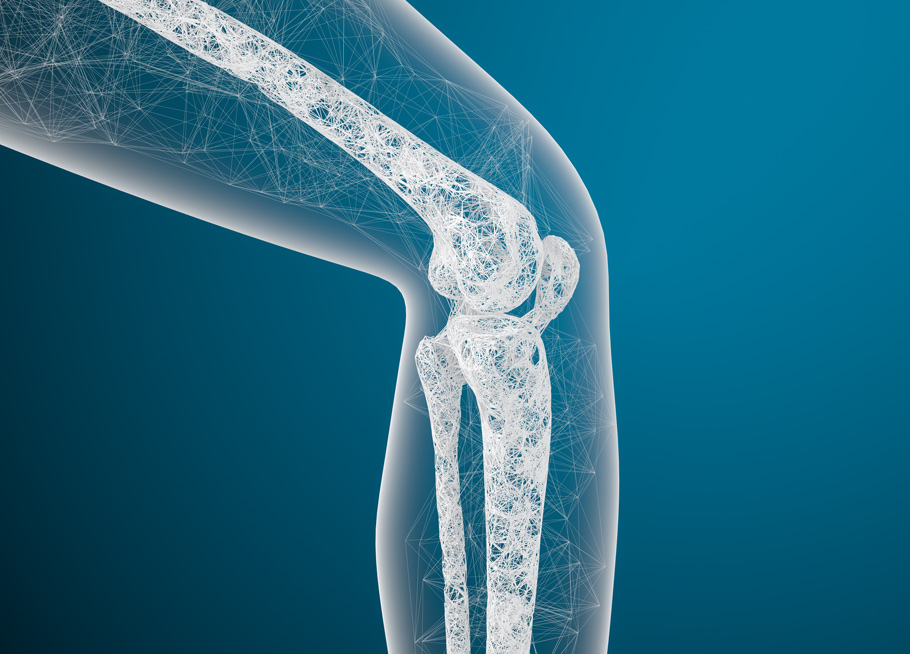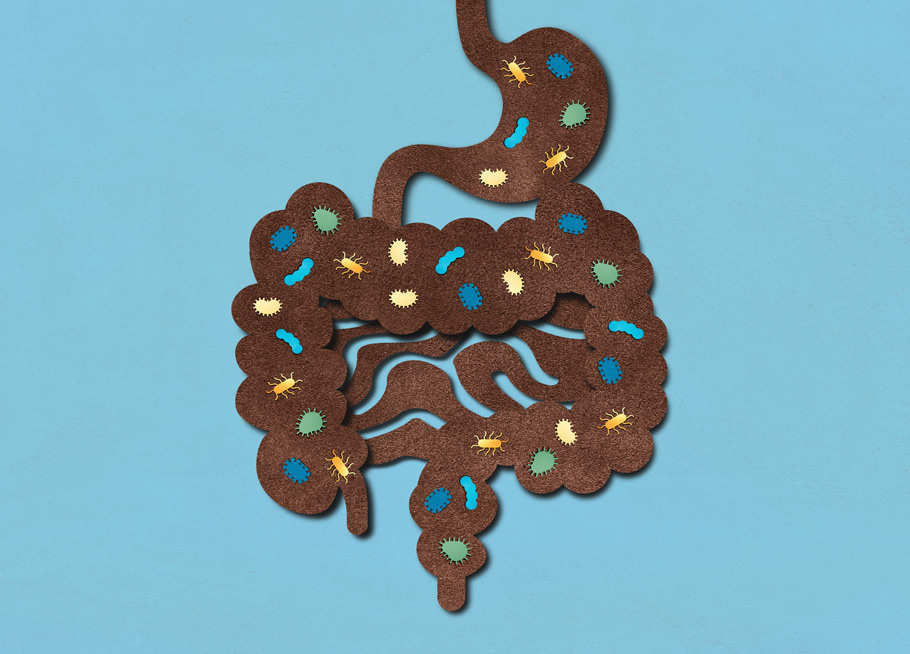
Understanding the First Signs of Rheumatoid Arthritis
Rheumatoid arthritis (RA) is a chronic, systemic inflammatory disorder primarily affecting the joints. Recognising its early signs can be pivotal in initiating prompt treatment, thereby slowing its progression and reducing the impact on a person’s quality of life. This article dives deep into the signs, stages, and red flags associated with RA, tailored specifically for the UK audience.
First Signs of Rheumatoid Arthritis
Often, the initial signs of RA might be subtle and easily mistaken for the ordinary aches and pains of everyday life. Here’s what you should be watchful of:
- Joint pain: Especially in the smaller joints such as those of the hands and feet.
- Joint stiffness: Notable stiffness upon waking or after periods of inactivity.
- Joint swelling: Soft, warm swelling is a common hallmark.
- Fatigue: An overwhelming sense of tiredness unrelated to activity levels.
- Fever: Low-grade fever, usually accompanying other symptoms.
- Weight loss: Unexplained weight loss over a period.
“The early signs of RA can be subtle and might be overlooked as mere nuisances. However, understanding and recognising them can pave the way for timely interventions and better outcomes.” – Rheumatology Expert
What are the 4 stages of rheumatoid arthritis?
Understanding the progression of RA helps in tailoring treatment approaches. Here are the four stages of this ailment:
- Stage 1 (Early stage): This stage sees the onset of inflammation that causes symptoms like pain, warmth, and slight swelling.
- Stage 2 (Moderate stage): As the disease advances, cartilage loss occurs leading to a limited range of movement and potential deformities.
- Stage 3 (Severe stage): Here, there’s the destruction of both cartilage and bone. Muscle strength declines due to non-use or avoidance of painful movements.
- Stage 4 (Terminal stage): This is the end-stage where the inflammatory process subsides, but the joint function may be severely compromised.
What are red flags for rheumatoid arthritis?
“Red flags” are warning signs that suggest a condition might be more serious. For RA, these include:
- Simultaneous joint symptoms: When multiple joints exhibit symptoms at the same time, especially symmetrically (e.g., both hands or both knees).
- Prolonged morning stiffness: Stiffness lasting longer than 30 minutes upon waking.
- Joint deformities: Over time, RA can cause joints to move out of their usual alignment.
- Nodules: Firm bumps of tissue under the skin, commonly around the elbows.
- Systemic symptoms: Fever, weight loss, or fatigue, coupled with joint symptoms.
Conclusion
While RA is a chronic condition with no known cure, early recognition and intervention can make a significant difference. By understanding its signs, stages, and red flags, individuals can take proactive measures in managing the disease. If you or a loved one show any signs associated with RA, it’s crucial to consult a rheumatologist or primary care doctor in the UK. They can provide a thorough evaluation and recommend a tailored treatment approach.
Article by Dr. Naveen Bhadauria



